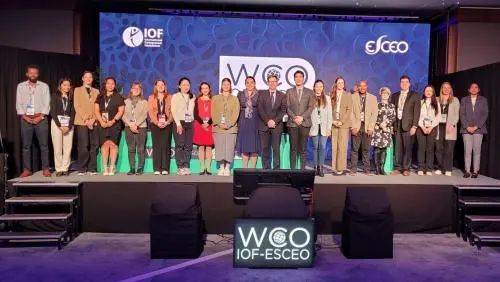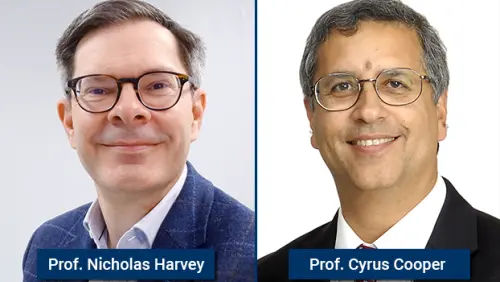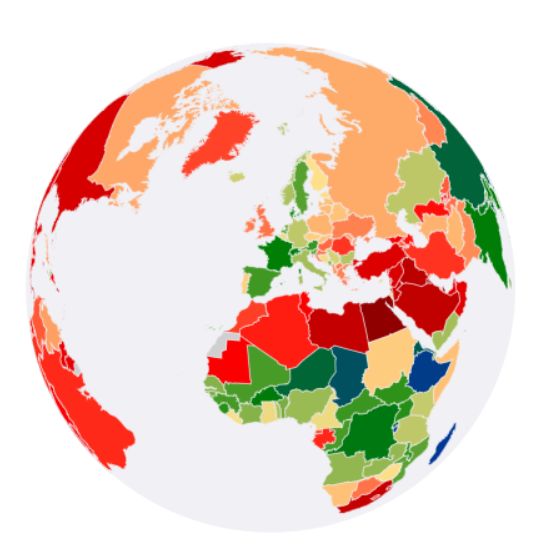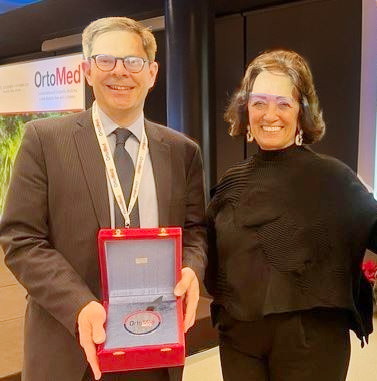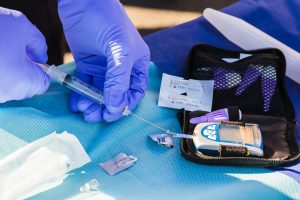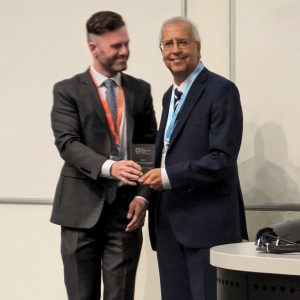[vc_row][vc_column][vc_column_text]There is high variability in access to, and quality of, bone density scanning facilities worldwide, according to a landmark global study carried out at the Medical Research Council Lifecourse Epidemiology Unit (MRC LEU, University of Southampton) in collaboration with the International Osteoporosis Foundation (IOF) and the International Society of Clinical Densitometry (ISCD).[/vc_column_text][vc_column_text]A global survey of 121 fracture liaison services (organisations which identify and provide treatment for patients at risk of secondary fractures) from 31 countries was conducted to assess the quality of their bone scanning facilities. These services participated in the Capture the Fracture Best Practice Framework which provides globally-endorsed standards for fracture liaison services.[/vc_column_text][vc_column_text]Low bone density, measured using dual energy x-ray absorptiometry (DXA), is common among older people and is associated with increased risk of osteoporotic fractures. Osteoporotic fractures are associated with disability, mortality and significant economic costs.[/vc_column_text][vc_column_text]The study, published in Osteoporosis International, found that most fracture liaison services reported that DXA access met needs. However, adherence to basic DXA quality and reporting procedures was confirmed by only around 50% of services and over 50% required ongoing education for DXA machine operators and interpreters. The findings emphasise the need for education initiatives targeting DXA measurement technology/reporting such as adoption of the joint IOF-ISCD Osteoporosis Essentials course.[/vc_column_text][/vc_column][/vc_row][vc_row top_margin=”page_margin_top”][vc_column][vc_column_text]Professor Cyrus Cooper, Director of the MRC LEU and President of IOF, said:[/vc_column_text][/vc_column][/vc_row][vc_row top_margin=”page_margin_top”][vc_column][vc_column_text]
“This unique, ground-breaking study is exactly the sort of health quality assessment required in our field. It is a wonderful example of collaboration between IOF and ISCD to generate a unique global perspective.”
[/vc_column_text][/vc_column][/vc_row][vc_row top_margin=”page_margin_top”][vc_column][vc_column_text el_class=”reflist”]Notes for editors
- Clynes, M.A., Westbury, L.D., Dennison, E.M. et al. Bone densitometry worldwide: a global survey by the ISCD and IOF. Osteoporos Int (2020). https://doi.org/10.1007/s00198-020-05435-8
- This study was funded by the following organisations: International Society for Clinical Densitometry; International Osteoporosis Foundation; UK Medical Research Council; University of Southampton.
- The University of Southampton drives original thinking, turns knowledge into action and impact, and creates solutions to the world’s challenges. We are among the top one per cent of institutions globally. Our academics are leaders in their fields, forging links with high-profile international businesses and organisations, and inspiring a 24,000-strong community of exceptional students, from over 135 countries worldwide. Through our high-quality education, the University helps students on a journey of discovery to realise their potential and join our global network of over 200,000 alumni. southampton.ac.uk
- The Medical Research Council is at the forefront of scientific discovery to improve human health. Founded in 1913 to tackle tuberculosis, the MRC now invests taxpayers’ money in some of the best medical research in the world across every area of health. Thirty-two MRC-funded researchers have won Nobel prizes in a wide range of disciplines, and MRC scientists have been behind such diverse discoveries as vitamins, the structure of DNA and the link between smoking and cancer, as well as achievements such as pioneering the use of randomised controlled trials, the invention of MRI scanning, and the development of a group of antibodies used in the making of some of the most successful drugs ever developed. Today, MRC-funded scientists tackle some of the greatest health problems facing humanity in the 21st century, from the rising tide of chronic diseases associated with ageing to the threats posed by rapidly mutating micro-organisms. www.mrc.ac.uk
[/vc_column_text][/vc_column][/vc_row]

